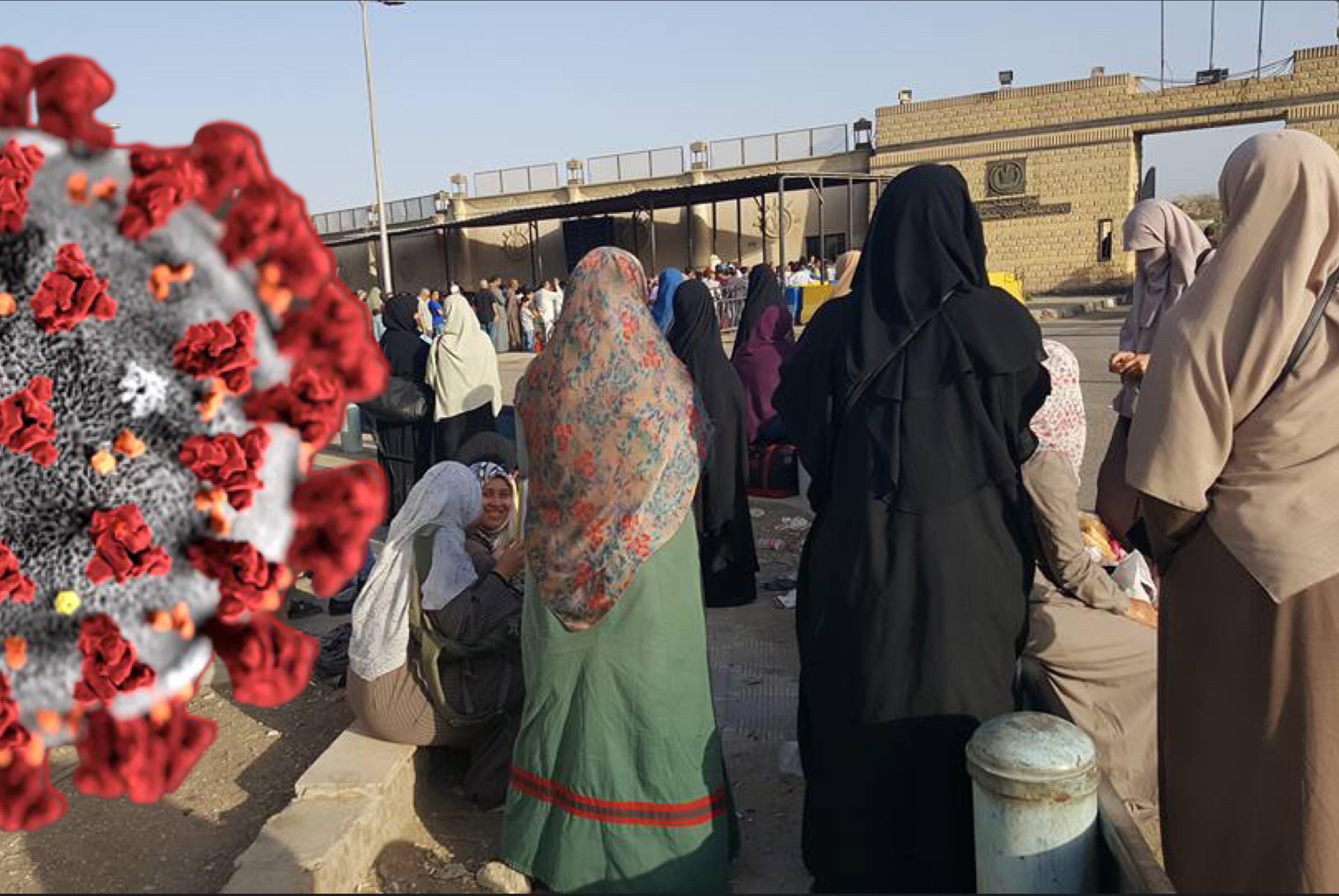From one suffering to another. This is the status of the political detainees in Egypt and their families. After prison visits in Egypt have been prohibited for more than six months due to the coronavirus and the suffering that this caused for detainees and their families, the visits were authorised with procedures that inaugurated a new kind of suffering. Since March, and in conjunction with the spread of the corona pandemic and the closures and precautionary measures that followed, campaigns were launched calling for the release of detainees and dissidents in Egypt, especially in light of the overcrowding of prisons.
For political detainees, whose number exceeds 70,000, the corona pandemic has increased their suffering and their families, as it has prevented them from visits that provide them with food, cover, and treatment. The families of detainees and human rights organisations have been calling for the release of detainees, similar to many countries in the world, fearing for their lives, and in light of the increase in deaths in prisons to no avail, so the coronavirus becomes an additional punishment.
The detainees’ families complained about not being able to see their families for several months and their inability to visit them or know what’s happening to them, even through a letter or a phone call. Many families complained about the inability to bring medicine, blankets, and clothes in light of the refusal and intransigence of the prison administration and the security services.
Visits of detainees
In mid-August, and after more than six months of preventing family visits to prisoners, the Ministry of Interior announced that it would reopen visits and enable families to see the detainees, but with strict precautionary measures. Since the visits were allowed, the families and detainees began a new chapter of suffering due to the Ministry of Interior’s measures, which made the visit a form of suffering and impossible. According to the new regulation approved by the Ministry of Interior, the reservation of a visit is made through a phone call to the prison. The caller leaves their data, the detainee’s name, and the degree of kinship.
After that, the detainees’ families are notified of the date fixed for the visit through the phone call, so that the authorised visit period is 20 minutes and for one time per month, and one visitor per detainee. Before that, the visit was conducted weekly for those held in pretrial detention. Three relatives of the detainee were allowed to visit him by registering their names at the prison gate.
The suffering of visiting prisons in light of corona’s new procedures was evidenced by the residents’ complaints about the lack of responses to the phone calls to book the visit by the administration of some prisons. The families complained that the visit is limited to one person and once every month, which prevents the detainees from seeing their children and their families.
The Community for Justice (CFJ), a human rights organisation, said that the new regulations contravene international texts and local laws and exacerbates detainees and their families’ suffering. The foundation said that the regulations allow the families of the convicted person who is in pretrial detention to visit them once a week, on any day of the week, except for Fridays and public holidays.
Human rights organisations rejected this new regulation for violating the third rule of the Nelson Mandela Rules, which is the Standard Minimum Rules for the Treatment of Prisoners. The CFJ warned the Egyptian authorities that disciplinary or restrictive sanctions might not include preventing prisoners from contacting their families. Family contact may not be restricted, except during a limited period. The CFJ emphasised that the Ministry of the Interior did not do this even after nearly six months of closing the visits, as it worked on approving a new regulation that would restrict the right of families and families to visit, not open it as it claims.
Tragic conditions
The prison visits were closed for nearly six months, which resulted in the detainees ’suffering of various types of violations, foremost among which was medical negligence, which claimed the lives of at least 50 detainees, according to human rights statements. Human Rights Watch has condemned the lack of medical care and failed to provide tests for detainees. According to administrative documents and testimonies collected by the organisation, the authorities in Egyptian prisons have made minimal effort to isolate patients who show infection symptoms. It is noteworthy that the Egyptian journalist Mohamed Mounir died from coronavirus a few days after his release from pretrial detention in which he was placed due to his political opposition.





Recent Comments